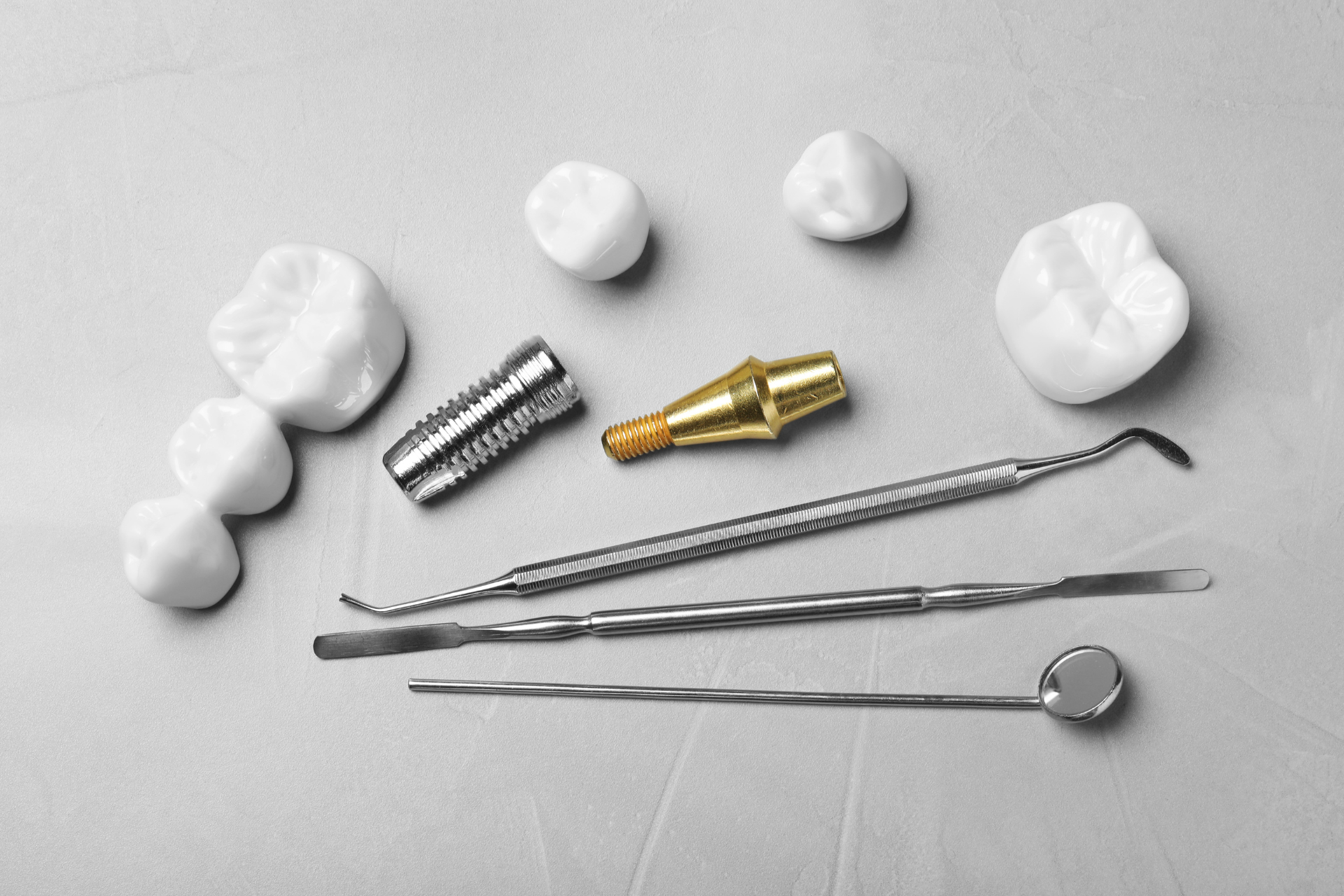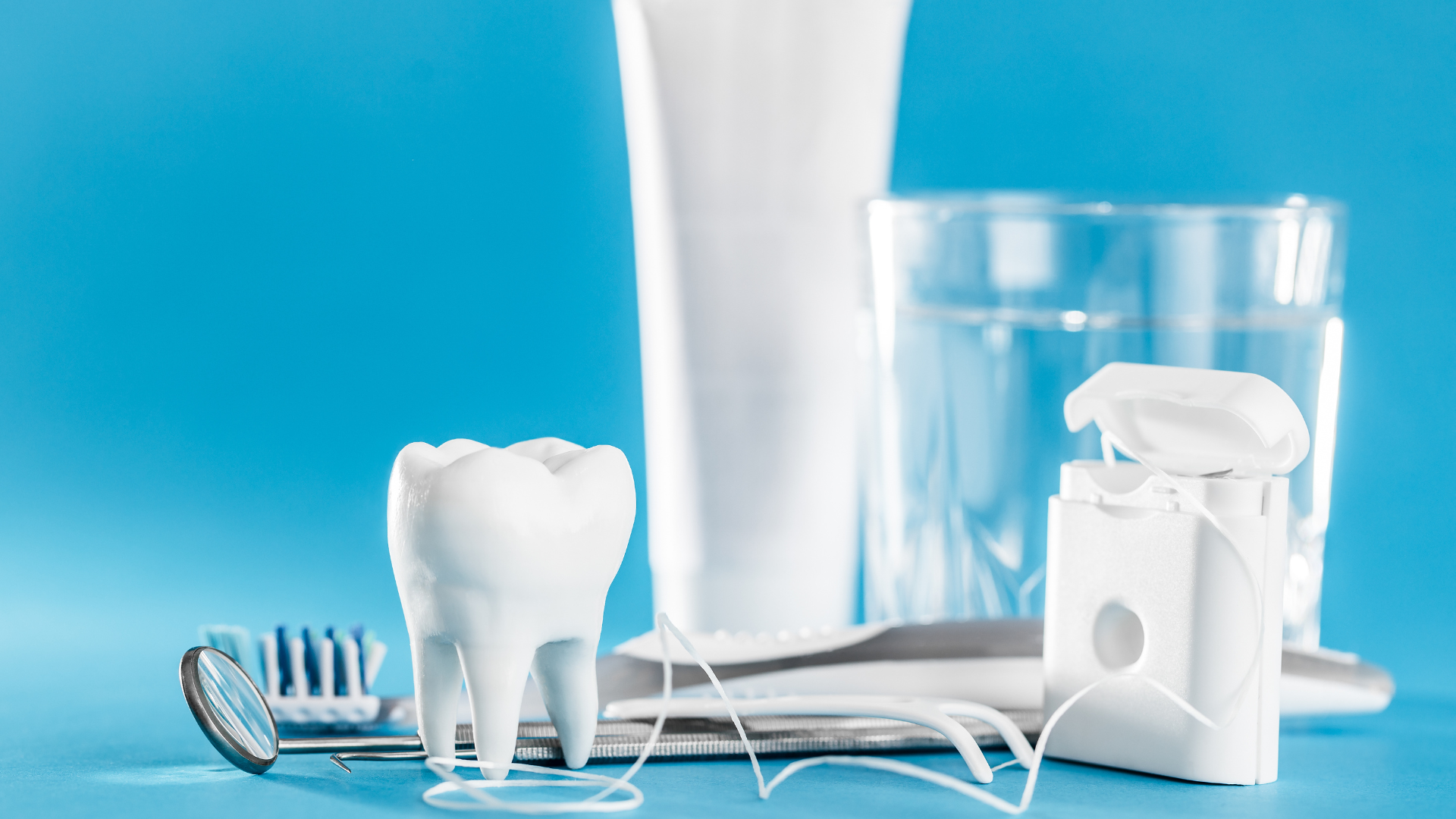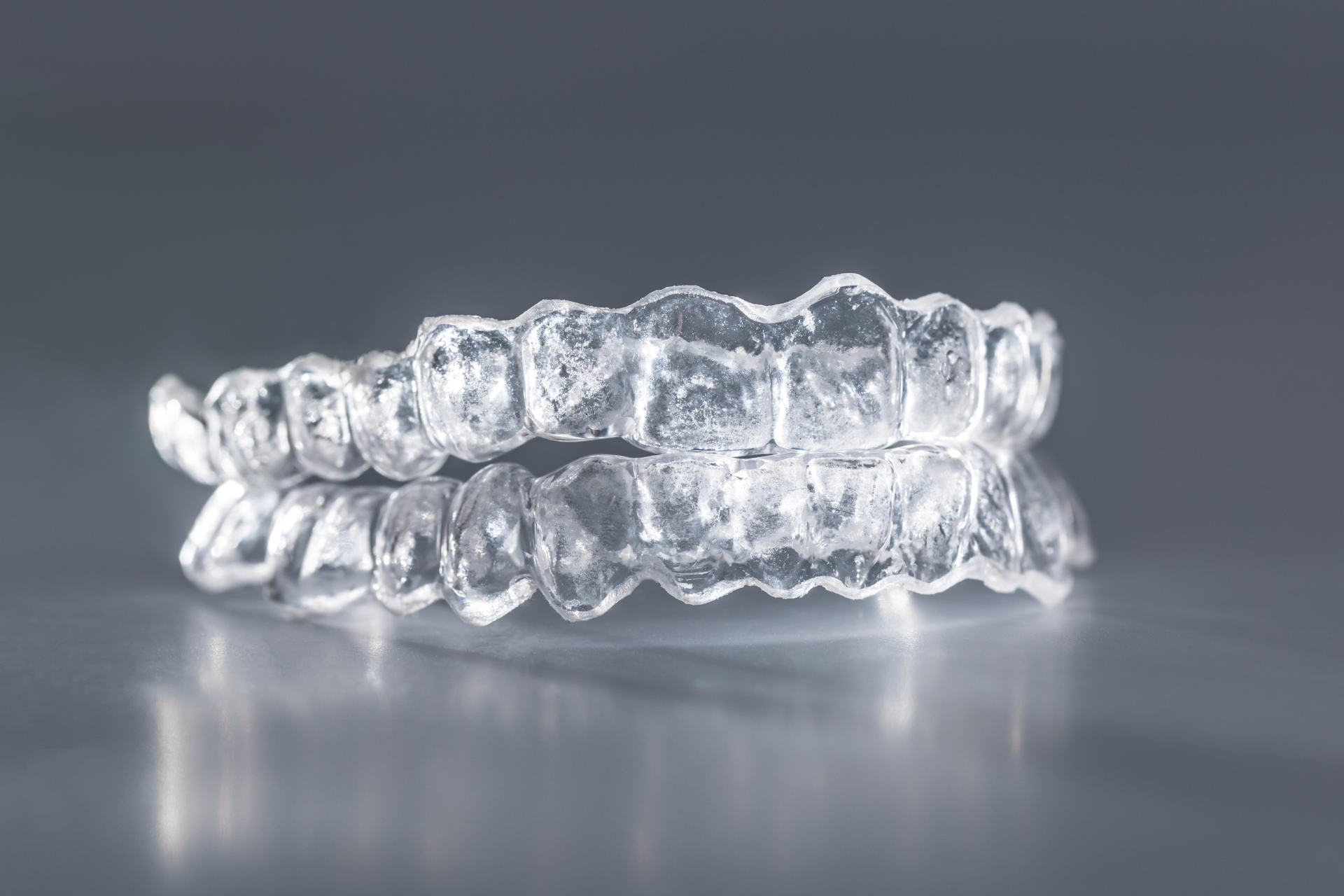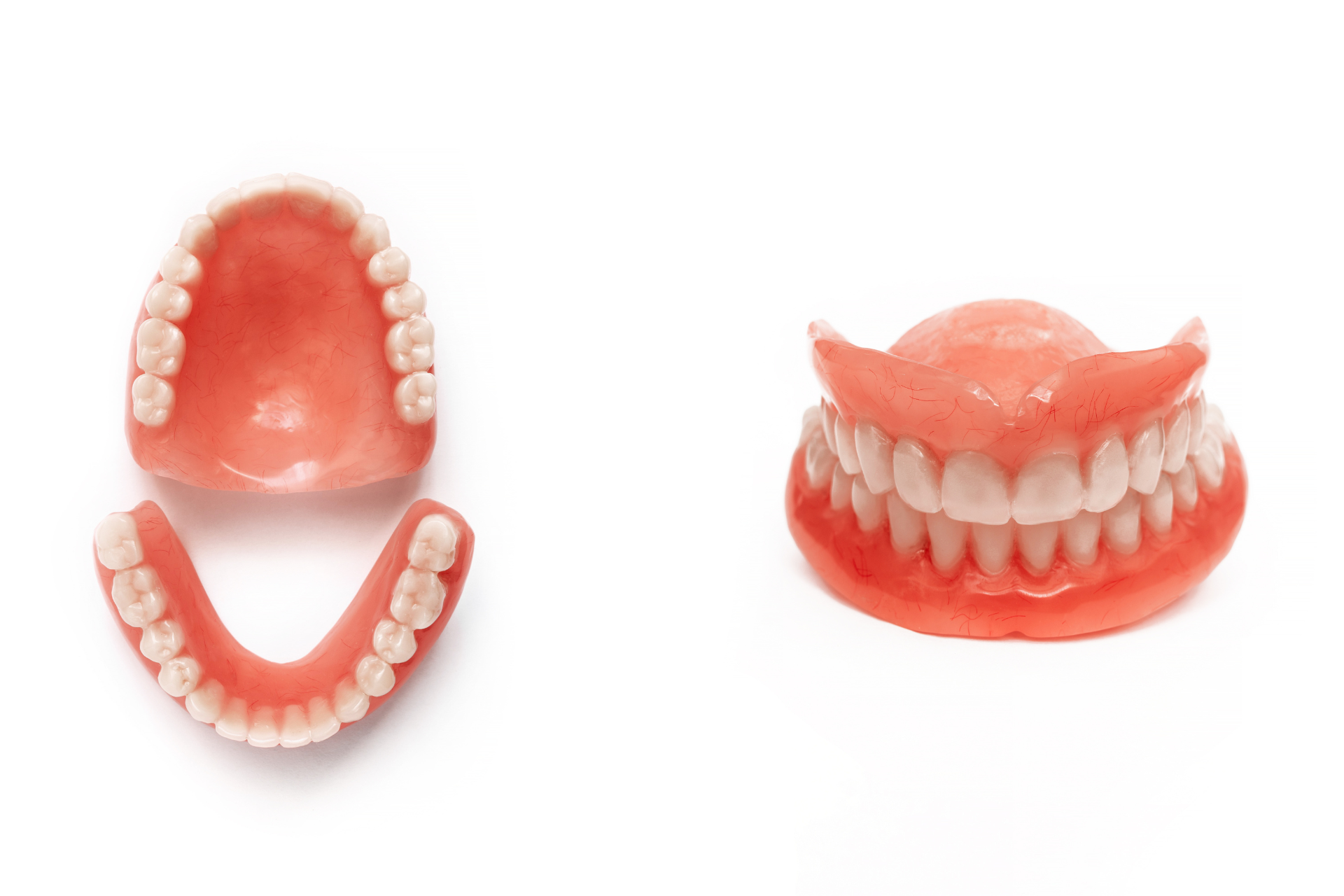Optimal Nutrition for Your Smile: The Best Diets for Dental Health Across All Ages
A healthy diet is foundational not just for overall well-being but also for maintaining optimal dental health. The foods and beverages we consume have a direct impact on the health of our teeth and gums. Nutrients from our diet affect the development, strength, and longevity of our oral structures, and certain dietary choices can increase the risk of cavities and gum disease. In
Marina District, San Diego, where lifestyles and diets vary widely, understanding the connection between dietary habits and oral health is crucial. This blog will explore how different diets, including vegetarian and vegan options, influence dental health and provide practical advice for all age groups to maintain a healthy smile.

Understanding the Link Between Diet and Dental Health
The relationship between diet and dental health is profound, as certain nutrients play critical roles in maintaining and enhancing the health of your teeth and gums. Key nutrients include:
- Calcium: Vital for tooth structure, calcium helps harden enamel and strengthen the jawbone. Dairy products, leafy greens, and fortified plant milks are excellent sources.
- Phosphorus: This mineral works in tandem with calcium to protect and rebuild tooth enamel. Foods rich in phosphorus include fish, nuts, and beans.
- Vitamin D: Essential for calcium absorption, vitamin D can be obtained from exposure to sunlight and from foods like fatty fish and fortified foods.
- Vitamin C: Important for gum health, vitamin C helps prevent gingivitis and strengthens the soft tissue in your mouth. Citrus fruits, tomatoes, and peppers are good sources.
A diet promoting good oral health should include these nutrients while minimizing sugary and acidic foods, which can erode enamel and promote cavities. Regular meals and snacks consisting of whole foods with minimal processing are generally best for dental health.
Best Foods for Dental Health
Optimal dental health is supported by a diet rich in specific nutrients that fortify teeth and gums. Here are some of the key nutrients essential for maintaining a healthy mouth, along with the best food sources for each:
- Calcium: Known for its role in building strong teeth and bones, calcium is a vital nutrient for dental health. Excellent sources of calcium include dairy products like milk, cheese, and yogurt. For those on dairy-free diets, fortified plant-based milks, almonds, and dark leafy greens like spinach and kale are also rich in calcium.
- Phosphorus: This mineral partners with calcium to help protect and rebuild tooth enamel. Phosphorus is abundant in protein-rich foods such as meats, eggs, dairy, and legumes, including lentils and beans. Nuts and seeds, particularly pumpkin and sunflower seeds, are also good sources.
- Vitamin C: Crucial for the health of gum tissue, vitamin C helps prevent gum inflammation and bleeding. Citrus fruits like oranges and grapefruits are well-known sources, but strawberries, kiwi, bell peppers, and broccoli also provide high levels of this vitamin.
- Vitamin D: Essential for facilitating calcium absorption, vitamin D can be synthesized in the skin through sunlight exposure and is also found in fatty fish like salmon and mackerel, egg yolks, and fortified foods such as cereals and orange juice.
Incorporating a variety of these foods into your diet can help ensure that your teeth and gums receive the nutrients they need. Balancing these with good dental hygiene practices maximizes oral health and helps to prevent dental diseases.
Diets and Dental Health: Vegetarian and Vegan Considerations
Vegetarian and vegan diets offer numerous health benefits, but they also present specific challenges in maintaining optimal dental health. These diets tend to be lower in certain nutrients that are crucial for oral health, which can affect teeth and gums if not properly managed.
Challenges:
- Calcium and Vitamin D: Vegetarians and especially vegans may consume less calcium and vitamin D since these are predominantly found in animal products. These nutrients are vital for maintaining strong teeth and supporting bone that holds teeth in place.
- Vitamin B12: This vitamin, primarily found in animal products, is essential for maintaining healthy red blood cells and nerves, which affect the health of gums and mouth tissues. Deficiency can lead to gum disease and tooth loss.
- Protein: Important for muscle and tissue health, protein from animal sources is often more complete than plant-based protein. Inadequate protein intake can affect the integrity of oral tissues.
Recommended Foods:
Calcium-rich foods like fortified plant milks (almond, soy, oat), tofu, and leafy greens (broccoli, kale).
High Vitamin D sources include fortified foods and sunlight exposure.
- Rich in Vitamin B12: Nutritional yeast, fortified cereals, and plant-based milks.
- Protein sources: Legumes, quinoa, nuts, and seeds are excellent for vegetarians and vegans.
Supplements and Dietary Adjustments:
Supplementing Vitamin B12, Vitamin D, and calcium may be necessary for some individuals, depending on their specific dietary restrictions and nutritional intake.
Regular dental check-ups to monitor oral health and catch potential deficiencies early.
By carefully planning and supplementing their diets, vegetarians and vegans can overcome these challenges and maintain a healthy and vibrant smile.
Diet Recommendations for Different Age Groups
Proper nutrition plays a critical role in dental health throughout different stages of life. Here’s how diet recommendations vary across age groups:
Children
For children, the primary dental goals are building strong teeth and preventing decay. Calcium, phosphorus, and vitamin D are crucial for developing strong dental enamel and healthy gums. Suitable snacks that support dental health include cheese, yogurt, and crunchy vegetables like carrots and celery, which help clean teeth naturally. Meals should be balanced, incorporating plenty of vegetables, lean proteins, and whole grains to promote overall and dental health. It’s essential to limit sugary snacks and drinks, as these contribute to tooth decay by feeding the bacteria that produce harmful acids.
Adults
Adults should focus on maintaining gum health and tooth integrity. This involves a diet low in sugary and acidic foods to prevent tooth enamel erosion and gum disease. Foods rich in antioxidants and omega-3 fatty acids, like fatty fish, nuts, and seeds, help fight inflammation and support healthy gum tissues. Adults should also ensure adequate intake of crunchy fruits and vegetables, dairy products or alternatives for calcium, and lots of water to help cleanse the mouth and maintain saliva production, which protects against tooth decay.
Seniors
Seniors often face dental issues related to age, such as dry mouth (reduced saliva production), which can increase the risk of decay and gum disease. It’s important for seniors to consume soft, nutrient-rich foods that are easy to chew and swallow. Stewed fruits, vegetable soups, and smoothies are excellent for maintaining nutrition when chewing becomes difficult. Foods high in moisture and fortified with vitamins D and B12, as well as calcium, can help counteract the effects of medications that dry out the mouth. Sugar-free gums or lozenges can stimulate saliva production, aiding in oral hygiene.
By tailoring dietary choices to the specific needs of each age group, individuals can significantly enhance their oral health, ensuring that their teeth and gums remain healthy throughout their lives.
Practical Tips for Incorporating Dental-Healthy Foods into Daily Meals
Incorporating dental-healthy foods into your daily diet can be straightforward and enjoyable with these practical tips:
- Start with Breakfast: Opt for oatmeal topped with almonds and strawberries, which offer a good mix of calcium, vitamin C, and crunch to naturally clean your teeth.
- Smart Snacking: Replace sugary snacks with raw veggies like carrots and celery, or apple slices. These foods are not only nutritious but also help scrub tooth surfaces and stimulate saliva production.
- Incorporate Dairy or Alternatives: Add a slice of cheese to sandwiches or enjoy a yogurt parfait as a snack. These provide calcium and phosphates that strengthen teeth.
- Hydrate Wisely: Drink plenty of water throughout the day, and opt for green or herbal teas instead of sugary beverages or acidic drinks like soda or citrus juices.
- Dinner Decisions: Include lean proteins such as grilled fish or tofu in your meals, paired with a side of leafy greens, to provide essential nutrients for oral health.
By making these small adjustments to your meals and snacks, you can greatly enhance the overall health of your teeth and gums, promoting a brighter, healthier smile.
Conclusion
Selecting the right diet is crucial for maintaining dental health throughout life. Nutrient-rich foods support strong teeth and healthy gums, preventing dental diseases.
Evaluate your dietary habits and consider how they influence your dental health. For personalized dietary strategies that benefit your oral health, consider scheduling a consultation with a dietitian or your dentist. Together, you can create a plan that keeps your smile bright and healthy.










